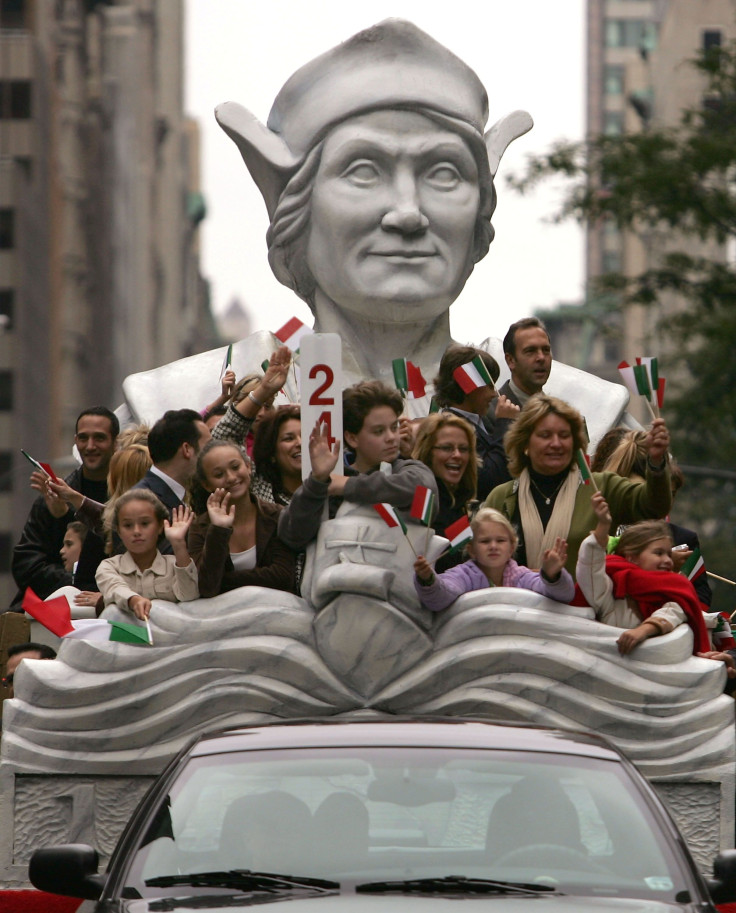Columbus Day 2017: Why Some States Observe It While Others Don't

Monday marks the annual Columbus Day holiday in the United States, which is observed in honor of Christopher Columbus, the explorer credited with discovering the new world in 1492.
While for some it would mean a long weekend, others may not be that lucky and will have to go through their regular week day routine, as it is not considered a paid holiday in many states.
But, does everybody have Columbus Day off from work? Isn’t this day a federal holiday? Then why is the day off for some and not for others?
There are specific answers to all of these questions. Depending on where you live or where you work, this day may be a paid holiday or it would be like any other regular Monday.
Columbus Day is considered to be one of the most inconsistently celebrated holidays in the country. However, it is among one of 10 official federal holidays, which means federal workers get the day off. And because federal workers won't come to work and offices will be closed, so will banks and the bond markets that trade in U.S. government debt (though the stock markets are scheduled to remain open).
Less than half the states and territories in the United States offer Columbus Day as a paid off, according to the Pew Research Center. Colorado was the first state to ever observe the day, beginning almost a century ago, before other states followed suit. The most recent state to declare the day a holiday was South Dakota, in the year 1990.
In most of the states, annually just six days are usually offered as paid holidays, according to the Society for Human Resource Management. Those holidays include Christmas, Thanksgiving, Independence Day, Memorial Day, Labor Day, and New Year’s Day.
According to the Council of State Governments’ comprehensive "Book of the States," only 23 states (plus the District of Columbia, American Samoa and Puerto Rico) have been giving their workers Columbus Day as a paid off.
Tennessee officially also does that, however they choose to celebrate it on a different day — the Friday after Thanksgiving, Pew Research Center reported.
"Columbus Day is not just a holiday, it represents the violent history of colonization in the Western hemisphere," Leo Killsback, a professor of American Indian Studies at Arizona State University, Bustle.com reported. Therefore, if it is not a public holiday in your state, it actually depends on your employer whether you will get the day off or not.
Local school districts' leadership are mostly responsible for schools and their holiday policies and practices. For example, in Philadelphia, Columbus Day is no longer given as a holiday for public schools there, CBS Philadelphia reported.
"We wanted to end the interrupted weeks," Philadelphia Public Schools Superintendent William Hite told CBS Philadelphia last year. "And Columbus Day was one of those days that we identified that we could have children in school, very similar to many of our suburban counterparts."
However, in recent years, Native American groups and other critics of the holiday have suggested changing the holiday to something else such as "Exploration Day" citing Columbus’ mistreatment of natives and the legacy of European settlement that his voyages initiated subsequently. For instance Minneapolis and Seattle celebrate Indigenous Peoples Day instead of Columbus Day on the occasion.
© Copyright IBTimes 2024. All rights reserved.






















